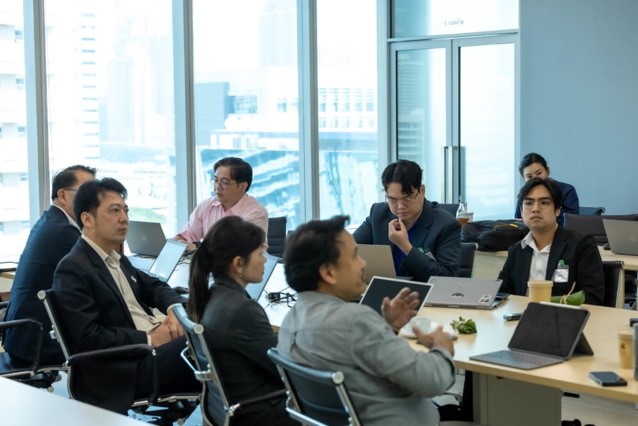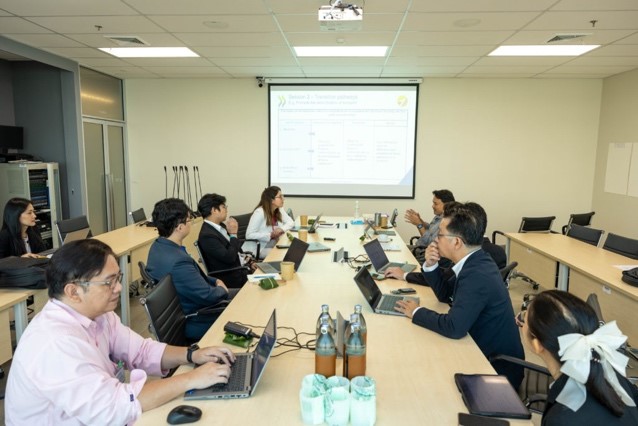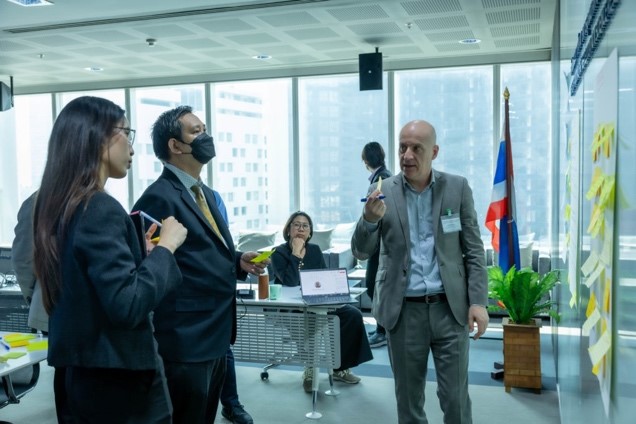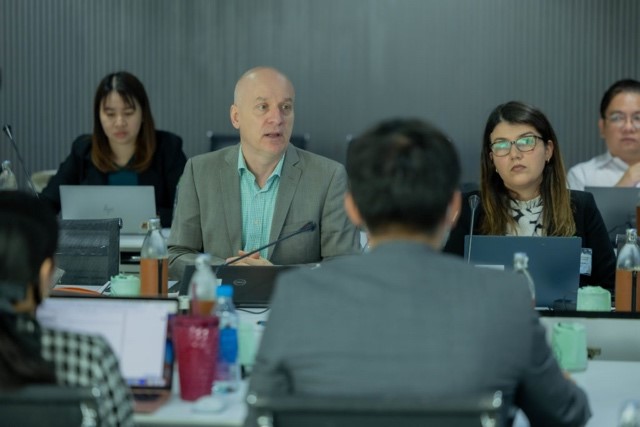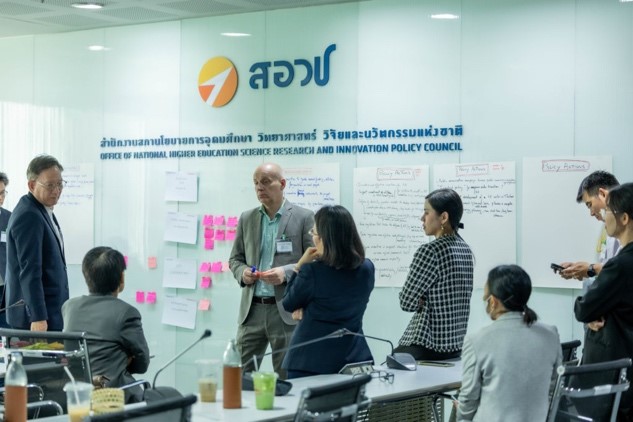NXPO International Policy Partnership Division, in collaboration with the Division of Science and Technology Policy under the Directorate for Science, Technology, and Innovation of the Organisation for Economic Co-operation and Development (OECD), recently hosted a workshop on “Supporting Science, Technology, and Innovation (STI) Strategy for Carbon Neutrality and Transitions”. Held from 20-24 January 2025, the workshop is part of the Thailand-OECD collaboration on sustainability transitions through STI, focusing on the transport, power, and agriculture sectors.

In his opening remarks, NXPO Vice President Assoc. Prof. Wongkot Wongsapai highlighted Thailand’s participation in the OECD Committee for Scientific and Technological Policy (CSTP) since 2016, with NXPO serving as the country’s representative. This engagement has provided valuable insights into international STI policies, which can be adapted to strengthen Thailand’s policy frameworks. Furthermore, Thailand’s involvement in the CSTP supports its OECD accession process.
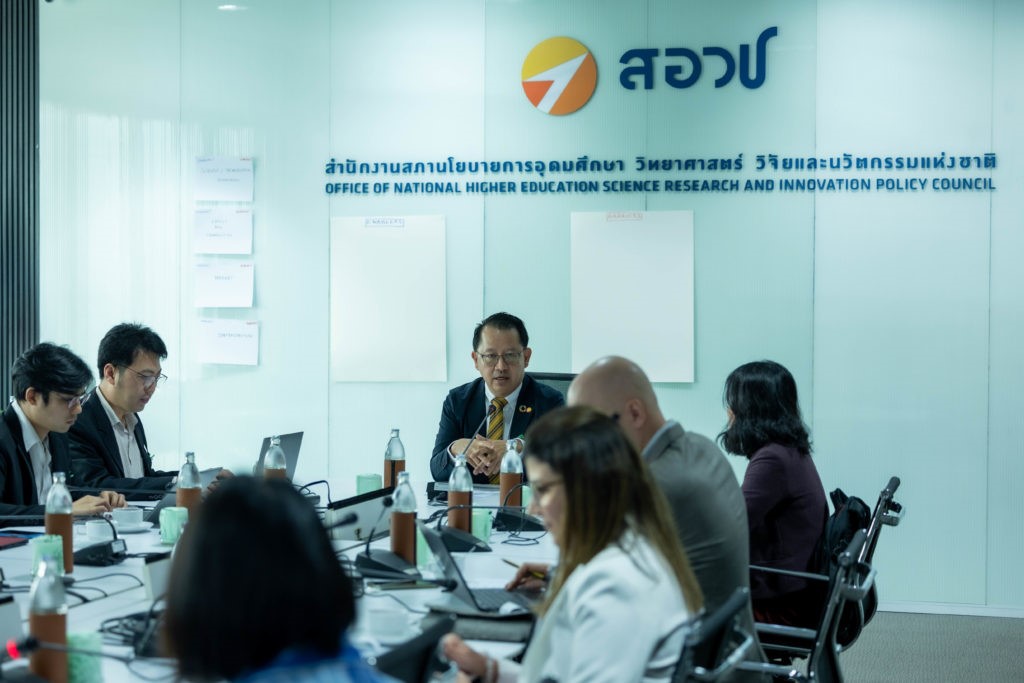
This initiative is part of the Thailand-OECD Country Programme Phase II, aimed at assisting Thai policymakers and stakeholders in formulating STI strategies to achieve net-zero emissions. Technology and innovation play a pivotal role in this transition, and Thailand has the potential to enhance its STI system and industrial sectors. Given the critical role of industry in reducing greenhouse gas emissions, this project focuses on three key sectors that are both major emission sources and key drivers of economic growth: transport, power, and agriculture.
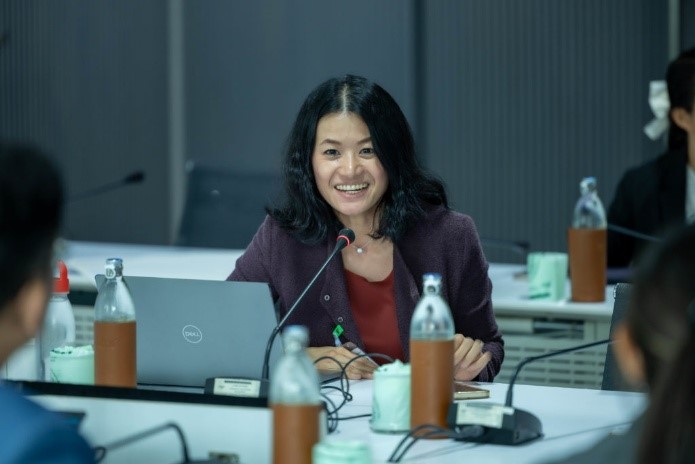
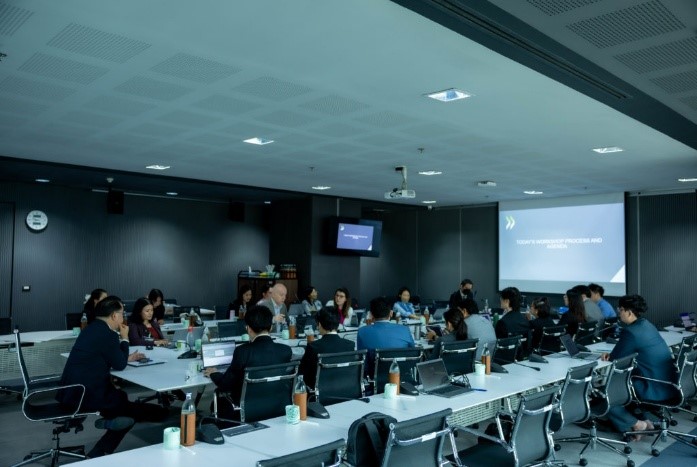
In addition to the workshop, NXPO President Dr. Surachai Sathitkunarat met with OECD representatives to discuss various issues, including the implementation of the Supporting STI Strategy for Carbon Neutrality and Transitions Project, opportunities to expand collaboration in science and technology policy, and Thailand’s OECD accession process.
